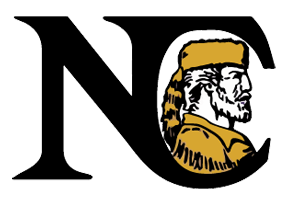COPYRIGHT AND FAIR USE GUIDELINES
COPYRIGHT AND FAIR USE GUIDELINES FOR STUDENTS
What are copyright laws?
Laws that allow people to own the exclusives to audio, visual, printed material, or computer software that they create. This means others must have their permission to copy an entire work, distribute copies of their work publicly, or display their work publicly.
Copyrights in school
Copyrighted material can be used in school projects as long as Fair Use Guidelines are followed.
Fair Use Guidelines
These guidelines tell us how much of the copyrighted material we can use without violating laws. The Guidelines cover text, data, illustrations, photographs, movies, plays, TV shows, videos, music, lyrics and downloading from the internet.
Students and teachers creating educational materials must follow the guidelines and remember to cite the authiors of any work they copy.
Text and Data
10%, but no more than 1000 words, of essays, articles, or stories, of a single copyrighted work.
250 words of an entire poem, or portion of a poem
No more than 3 poems or portions of poems by one poet, or by different poets in the same book
10%, but no more than 2500 fields or cells, from a database or data table.
Illustrations and Photographs
A single photograph or illustration
No more than 5 images by a single artist or photographer
10%, but no more than 15 images, from a single publication
A single chart, graph, diagram, cartoon, or picture from a book or magazine
Movies, Plays, TV Shows, Videos, Music and Lyrics
Cannot change or alter the work
10%, but no more than 3 minutes, of single movie, TV show or video
10%, but no more than 30 seconds, of music and lyrics from a single musical work
Purchase performance rights to hold a live performance of a copyrighted work.
Downloading from the Internet
May not copy information from one internet website onto another website
May create a link to another website
May use information from the internet in multimedia presentations
For additional information go to
